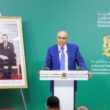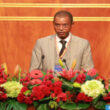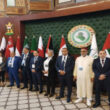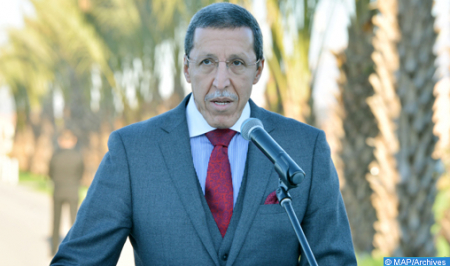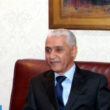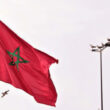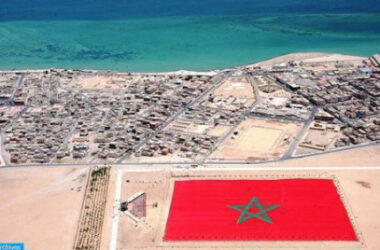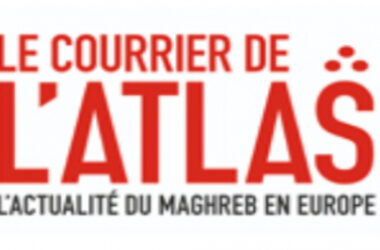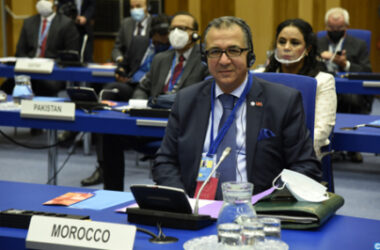In his speech at the NAM summit held in Azerbaijan, the diplomat noted that “the post-Covid-19 phase is characterized by many urgent challenges related to the issues of health, energy, food and disparities between countries and within societies in the context of the recovery of the global economy after a crisis that lasted more than two years”.
“It has become imperative for us, as the largest gathering of states after the United Nations, to stimulate collective thinking within our movement to address these challenges and turn them into an opportunity to lay the foundations for a new, fairer and more equitable world order,” he said, noting that this world order should rest on a pragmatic and realistic approach based on results that place the needs of the world’s population at the center of concerns, far from sterile ideological conflicts.
In Hilale’s view, the Covid-19 pandemic has exposed the fragility of the multilateral system and its poor performance in the face of this unprecedented challenge in terms of global impact and consequences.
While this crisis implied the intensification of constructive international cooperation, synergy and solidarity, countries chose a closed approach and prioritized their national interest, which contributed to increase the fragility of joint international action and weaken the role of international organizations, he noted.
He stressed that more than three years after the onset of the Covid-19 pandemic, the international community is facing a decisive moment that calls on humanity to give its best to respond to the profound challenges and successive transformations related to food and energy security issues, climate change and the disruption of supply chains.
The diplomat recalled, in this sense, that HM King Mohammed VI has put forward these challenges in the speech addressed to the 26th session of the Conference of the Parties to the United Nations Framework Convention on Climate Change in Edinburgh.


